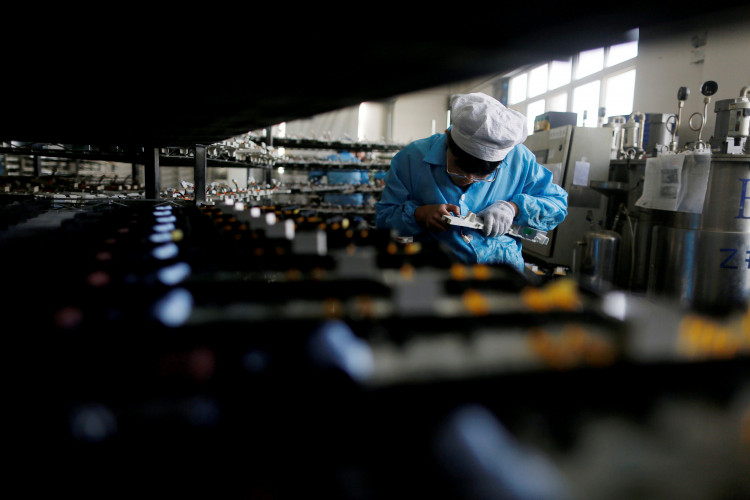Beijing allegedly dialled down the revelation of its strategies in helping its military sector modernize its force. The policy raised concerns in Washington that were said to funnel US innovation to China.
China would allegedly improve its joint military-civilian efforts in developing cutting-edge technologies. A fine print of a new document that discusses the country's long-term economic and security vision was perceived to review this plan.
The Chinese government's annual report showed that Beijing's priority is towards military-civilian fusion strategy that is a central component of China President Xi Jinping's vision of China's long-term development.
The said strategy was launched last 2015 to get the private sector and state-owned military-industrial entities to collaborate on dual-use technology. This strategy was meant to help modernize China's defense forces. It was also discussed that the private sector had been invited to develop advanced maritime, aerospace, and cyberspace technologies jointly.
The said policy gained the attention and concern of the Trump administration. The US government allegedly worries that US technology and research would be funnelled in aiding China to modernize its military.
Last April, the US announced that export controls would be strengthened on sensitive technology to Chinese companies. The said restrictions would be enforced this month. Last month, the Trump administration issued an order to block the entry and grant of travel visas for Chinese students and researchers found to have a link with the fusion strategy.
In other news, Vision China was reported to focus on intelligent technologies and innovation this Tuesday. The upcoming "Intelligence New Era: Innovation, Energization, and Ecology" event would feature political, business, and academic speakers who will discuss China-related topics from a global perspective.
The fifth Vision China online session speakers would discuss the latest research findings, success stories, and industry practices of the intelligence and technology field. They would also give their opinion on what to expect in intelligent technologies and how companies in relevant markets can foster collaboration and drive growth in the industry.
The keynote speakers are the director of the State Key laboratory for management and Control of Complex Systems Wang Feiyu, founder of Schulte Research and visiting professor at the International Business School of Zhejiang University Paul Schulte, and the dean of the Luban Workshop at the Polytechnic Institute of Setubal in Portugal Jose Pedro Magalhaes Lucas.
Vision China was launched by China Daily in 2018. It is a platform where the experts in their respective fields discuss China's story from a global perspective and discuss China-related topics that cover the international interest. The broad initiative's goal is to get China's voice heard globally. It also aims to build a channel where market players may respond to global concerns on major China-related issues.






